.jpg)
Thanks to Google's infiltration of Blogger, I believe I will be posting my blog post here, first then copying links to post on Mountainman's Mantra on Blogger.
This is the next in the Canada First Model series, the previous posts include:
https://mtnmanblog.blogspot.com/2022/02/canada-first-model-reforming-federal.html
https://mtnmanblog.blogspot.com/2021/04/future-cf-structure-from-partisan.html
https://mtnmanblog.blogspot.com/2021/05/canada-first-model-for-national-defence.html
https://mtnmanblog.blogspot.com/2021/06/canada-first-model-land-assets.html
https://mtnmanblog.blogspot.com/2021/07/canada-first-model-for-national-defence.html
This time we are going to chat about a national wildfire firefighting service. To be very clear, the Canadian Wildfire Service (CWS) would NOT replace provincial or territorial wildfire services. The CWS would augment provincial & territorial wildfire services to protect high value assets like communities, critical infrastructure, and vulnerable populations. Currently, the federal government practice is to deploy the Canadian Forces to augment these provincial and territorial wildfire services, as the federal primary contribution during the wildfire season. Two problems with this behaviour. FIRST and foremost, it is NOT the job or role for the Canadian Forces to be firefighters. It is NOT their job. Second, when the federal government fails to do its job and displaces this responsibility to able body organizations like the Canadian Forces, this behaviour demonstrates the federal government is negligent and should stepdown. My personal opinion, of course.
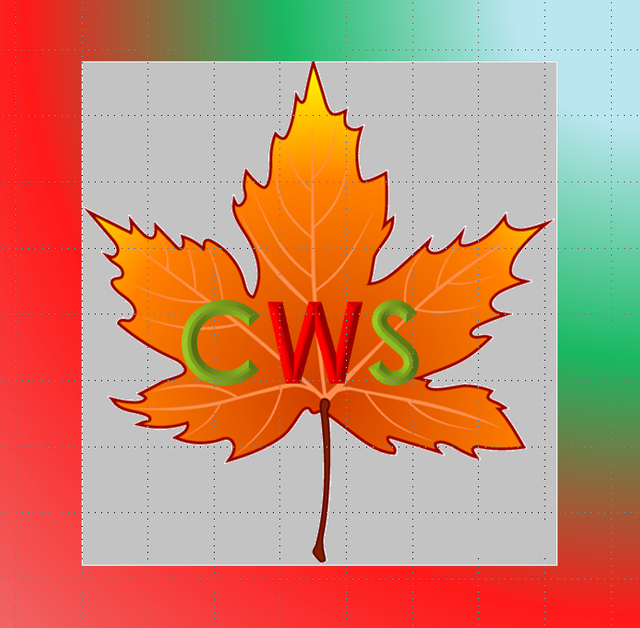
Staying on topic, let us look at what the CWS could look like...
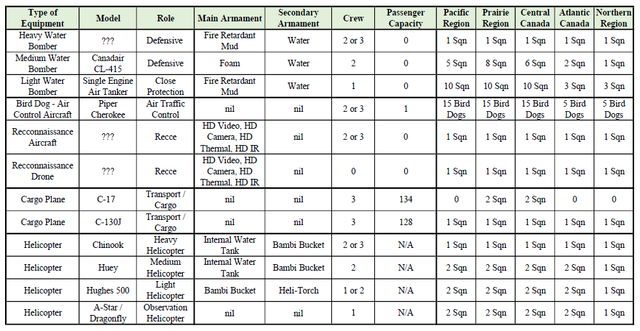
The table above shows an asset list and possible deployment structure for the Canadian Wildfire Service (CWS). I am using the same regional divisions I used in the previous Canada First Models for the revised Canadian Forces - Pacific, Prairie, Central, Atlantic, & Northern. You can review the table to see the details.
It was not that long ago when wildland firefighting included strong employment of fire retardant aerially deployed with water bombers. The next two photos illustrate deployment and assets of Conair from the recent past:
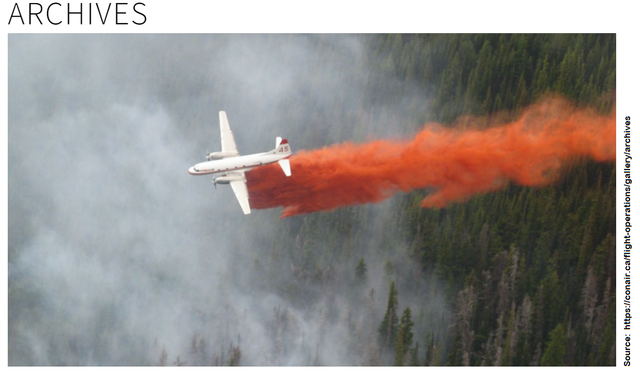
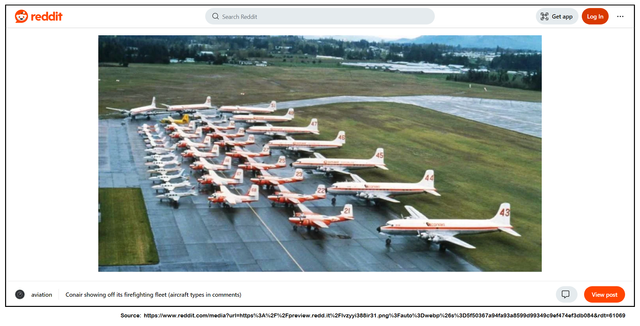
As this will be a national wildland firefighting service that may require re-deployment from other regions within Canada, the asset tables also include transport aircraft. These are the same type of aircraft recommended for the Canada First Model Air Force. This is a Canadian solution and it requires a big buy-in from Canadians, industry, and agencies. Interoperability will be enhanced if the same equipment is used by all services. Furthermore, using the same equipment will allow for volume purchases to bring unit costs down.
Now, wildfires are not only controlled and contained from the air. The CWS would also have land assets. Insert asset table here:
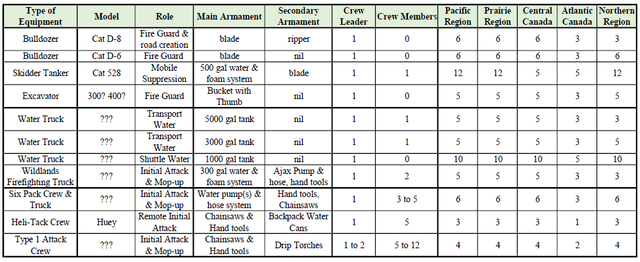
Some of these land assets would be in the form of heavy equipment, some would be in specialized ground units - Type I Attack Crews, Six-Pack Crews, and Wildland Truck Crews. Again, these federal units would be sent in to protect high value assets - likely on short notice, in the face of aggressive wildfire behaviour. These would not be crews or equipment for mop-up. And it would be disrespectful and expensive to waste these assets for that task.
The last unit that the Canadian Wildfire Service would bring to the table would be a cadre of Incident Management Teams (IMTs). These IMTs would be used to manage CWS units in the field, but the IMTs could also be deployed to take command of a wildfire response that overwhelms local community leaders or relieve provincial and territorial wildfire IMTs, to provide respite and relief.
Once the CWS has been established and equipped, they would be stationed across Canada. They would receive training and team building skills in the off season, but would not be stood down. If need be, they could be deployed to allied nations below the equator during our Winter season to assist our friends and allies.
This topic deserves a larger discussion. Slave Lake 2011, Fort McMurray 2016, Jasper 2024 are notable reminders that wildfire hazards exist and when left unchecked wildfires can ravage communities as easy as forests.
Until next time...let's talk about solutions!
Mountainman.